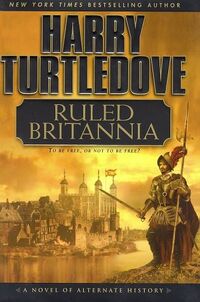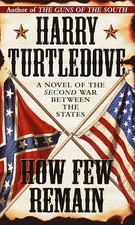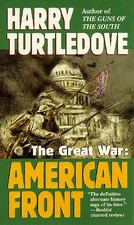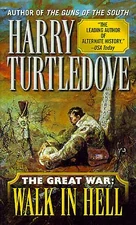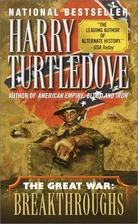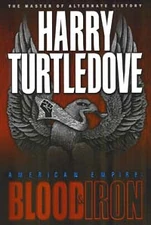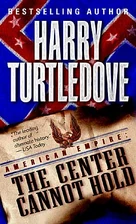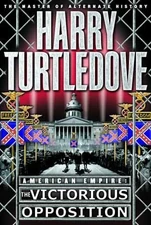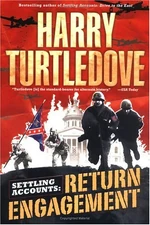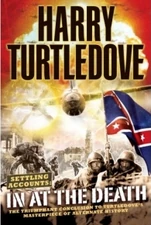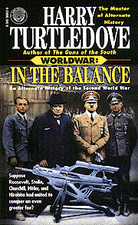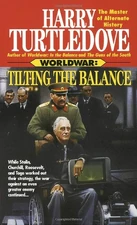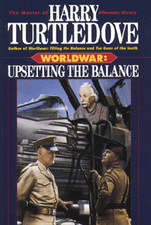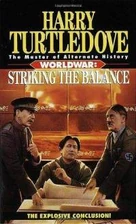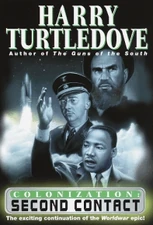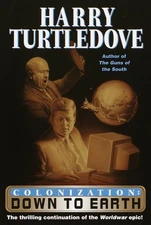Protestantism refers broadly to a number of reformist sects of Christianity which branched off from the Catholic Church beginning in the 16th century.
Protestantism in Ruled Britannia[]
Protestantism was introduced to England by Henry VIII as the official state religion in 1530. Throughout the remainder of the sixteenth century, religion would be something of a political football in England with Protestantism supported by Henry, his son Edward VI, and his daughter, Elizabeth and Catholicism supported by his other daughter, Queen Mary, and the Spanish-backed Queen Isabella and King Albert.
Most of England's neighbors were Catholic, though under Elizabeth England supported Protestant uprisings in the Netherlands and Scotland. The militantly Catholic Spanish King Philip II launched the Spanish Armada to conquer England in 1588. Philip installed his daughter, Isabella, on England's throne, and with the support of Spanish and Irish forces, English Catholics, and the English Inquisition, she suppressed Protestantism in England for ten years.
In 1598 Isabella was expelled from England by a predominantly Protestant coup, though it included many English Catholics who were tired of foreign rule in their country. Elizabeth was restored, and she in turn restored Protestantism as England's official state religion--and a period of bloody reprisals against English Catholics, some of whom had supported the revolt which restored her, followed.
The various Protestant sects were by and large more united politically than theologically; for instance, Lutheran Denmark accepted Anglican refugees from England. However, in England under Elizabeth, the Puritans, who opposed her rule because they did not see her as sufficiently radical reformer, were persecuted even when Protestantism was the kingdom's state religion.
The Protestant Church of England allowed divorce, but in the 16th century a divorce was extremely difficult for anyone but an elite to obtain.
Protestantism in Southern Victory[]
Protestants were the majority in Canada, the United States, and the Anglophone Confederate States. They were a minority in the Republic of Quebec and the CS's Hispanic states of Chihuahua, Sonora, and Cuba.
Protestants were favored over Catholics in Canada under British rule, contributing to the Quebecois disaffection which allowed US President Theodore Roosevelt to create the Republic of Quebec in 1916. However, Protestants as such were not mistreated in occupied Anglophone Canada.
The Republic of Ireland, which won independence from Great Britain following the Great War, was a mostly Catholic country, but its northeastern counties were full of malcontent Protestants who led an uprising in Belfast in 1924 before being suppressed by American and German intervention.
In the pre-Freedom Party era of the CS, Protestants were favored over Catholics. Freedomite President Jake Featherston put an end to that practice, partly to inspire Hispanic loyalty, partly because he believed only blacks deserved to be persecuted, and partly because he saw religion as an irrelevance.
Protestantism in Worldwar[]
Most Protestant countries successfully resisted the Race's Conquest Fleet during the war. Those Protestants who did find themselves within the Race's territory benefited from the Race's practice of religious tolerance, and like most monotheists, they by and large refused to participate in the Race's cult of emperor-worship.
In Northern Ireland, Protestants who supported continued British presence in their country were involved in a number of violent incidents with their nationalist, Catholic neighbours.
| |||||||||||||||||||
| |||||||||||||||||||||||||
